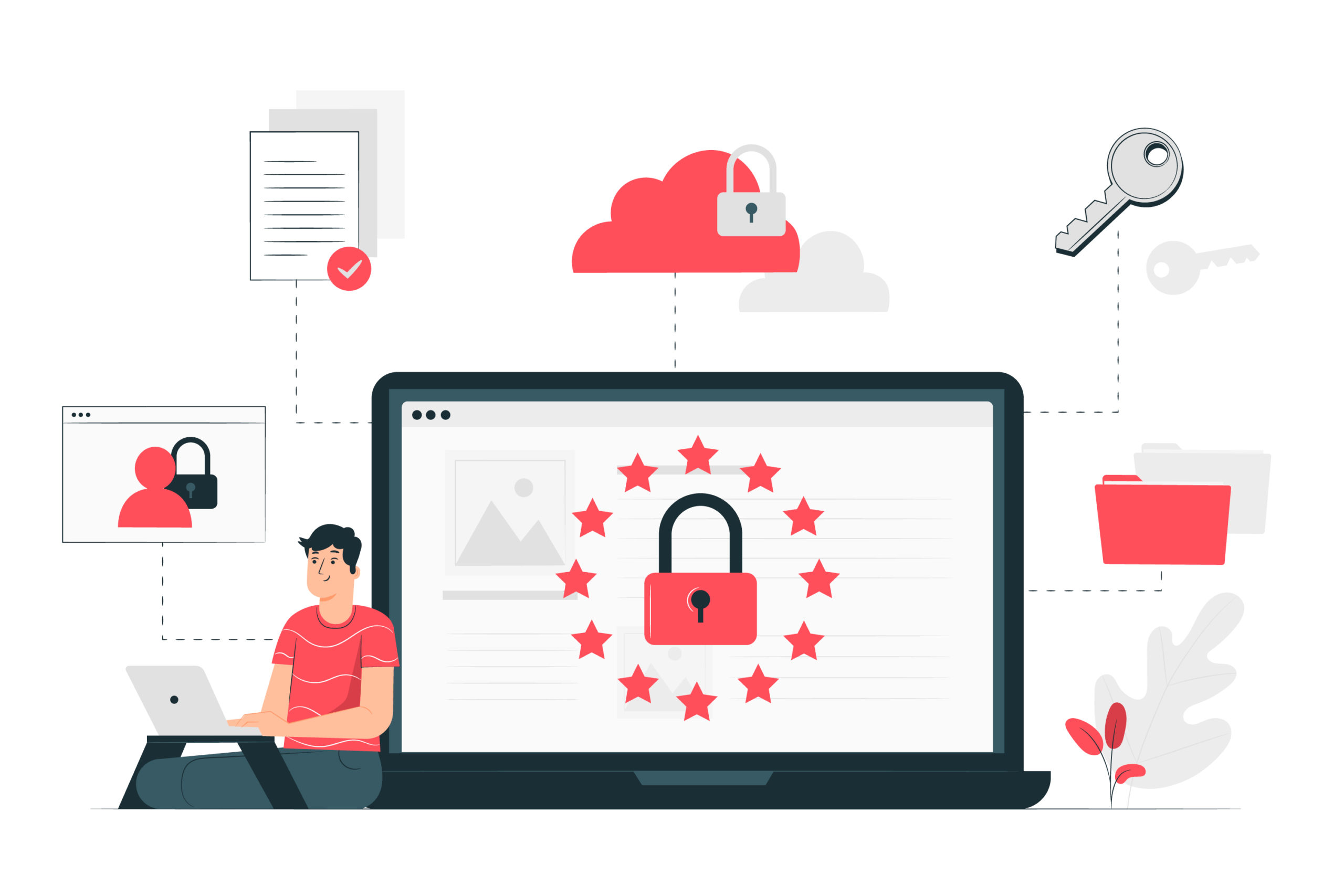The Phishing surge amidst Covid 19

Did you mask your network as well during COVID-19?
COVID-19 continues to significantly embolden cybercriminals’ phishing and fraud efforts, and there is a long way to stop it. Almost nine out of 10 believed they might have security gaps as the result of the rapid move to remote working. During the pandemic the cyber-attacks soar like never before, intensifying the new opportunities for attackers every day. We believe every minute volume of attack can impact the organization, while there were greater volumes during the pandemic which we came across. Many mentioned that they received emails that impersonate government organizations, ministries of health, centers for public health, or significant figures about pertinent nations to camouflage themselves as solid sources, but we advise them to not fall prey to it.
How it began
Since January, cybercriminals have utilized the COVID-19 pandemic to make a wide range of digital assaults, from medical clinic frameworks to private organization hacking. Yet, the best assault was on our feelings and the dread of “What if I get attacked”. Late phishing assaults are focusing on clients’ trust in huge name video conferencing platforms to take individual data and damage their organization and people.
Read about what is happening around: https://qz.com/india/1977098/ibm-vaccines-remote-work-fuel-cybersecurity-threats-in-india/
While you were zooming, attacks were booming
While we were acclimating to the new paradigm shift, attackers deciphered the realities and provisos of far-off work and working from home, and telecommuting by impersonating trusted tech platforms. Skype, Zoom and Google Meet users were and are now the targets of attackers.
More than 2000 Zoom-related domains have been registered in the last three weeks alone, and 4% of them are dubious or potentially malevolent. Hackers are utilizing these bogus areas to fabricate Zoom meetings and make counterfeit email alarms. People who respond to these alarms ordinarily end up downloading malware or in any case bargaining their as well as organization’s information security
Educate and get educated
While spam blockers go a long way toward limiting the impact of scammers, no technology can totally shield a person from the fraud behind phishing assaults and trickeries. The best way to retaliate against phishing tricks is to educate individuals on the signs and assist them with improving their own digital protection.
To protect their privacy, individuals in all levels of management have to be extremely mindful prior to opening messages or cautions. Also, as we presently know, people ought to be similarly mindful when reacting to video conferencing meeting solicitations. Straightforward thumb-rule: When in uncertainty, simply don’t open.
Taking Actions
COVID-19 has affected millions of people around the world, while its long-term impact remains to be seen. Phishing is an extremely dangerous threat that can cause serious credibility, integrity, and confidential issues that will end up making your company lose trust. Hackers are always changing tactics to exploit our greatest vulnerabilities. To stay ahead of these criminals, we have to be vigilant, especially during the pandemic.
Notwithstanding, securing ourselves against Covid related tricks is both a practical and fundamental step.
Contact us for cyber security-related [email protected]

Act Now to patch up the security gaps in your infrastructure.
Get a free preliminary penetration test analysis of your infrastructure to get insights about your organization’s risk posture.






